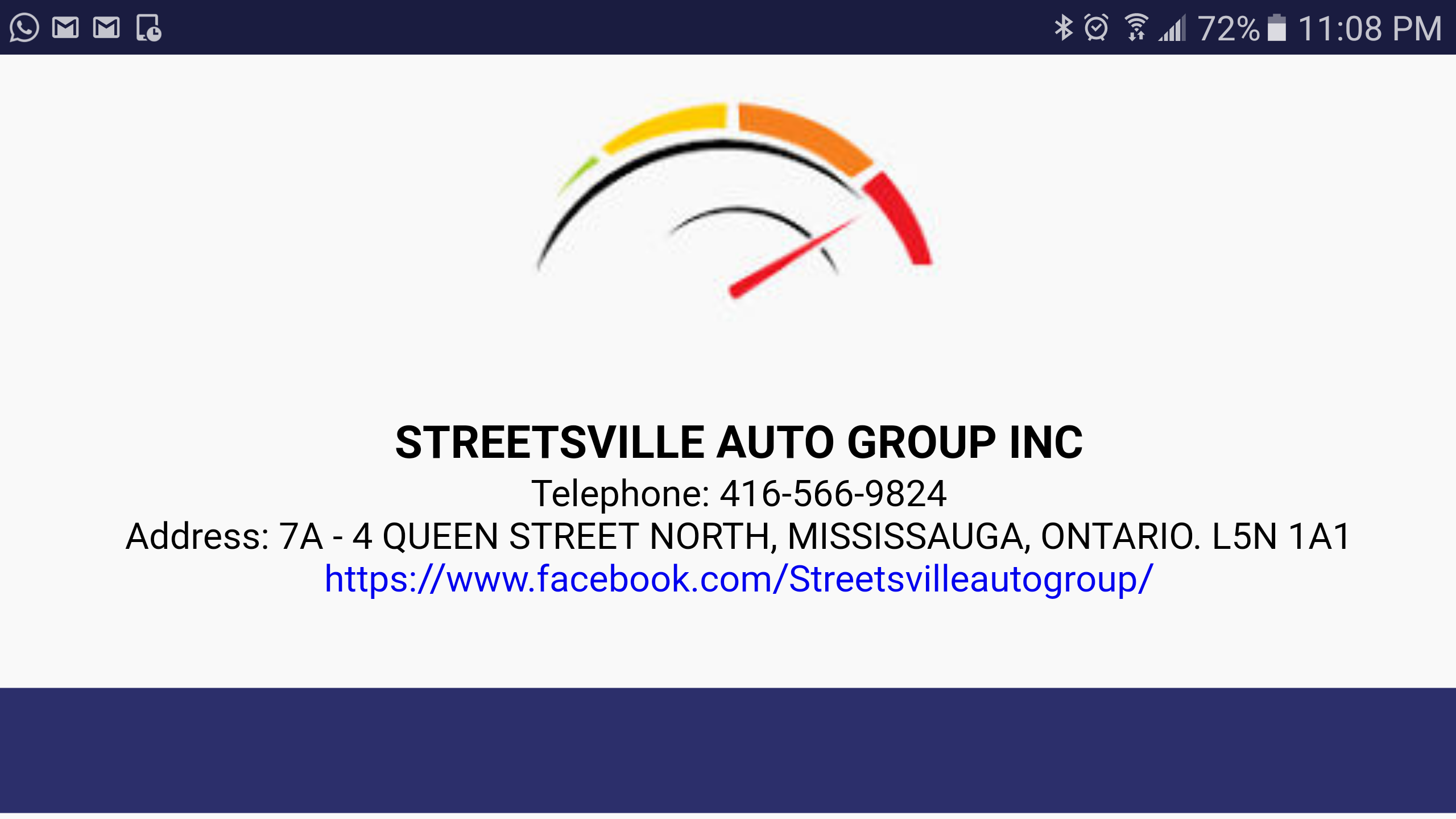Navigating the Potholes of Depreciated Value: Ontario's Not-At-Fault Accidents Dilemma
- Joe Carr

- Sep 7, 2023
- 2 min read
Introduction
Imagine this scenario: you're driving your beloved vehicle when suddenly, you're involved in a not-at-fault accident. While you may not be responsible for the collision, your vehicle can still take a hit, and not just in terms of repairs. This hidden cost is known as depreciated value, and it's a topic that's often overlooked in Ontario, Canada. In this blog, we'll explore what depreciated value is, why it matters, and the unique challenges faced by Ontario residents when seeking compensation for this loss.
Understanding Depreciated Value
Depreciated value, also known as diminished value, is the reduction in a vehicle's resale or market value after it has been involved in an accident, even if the car is fully repaired to its pre-accident condition. This decrease in value occurs because potential buyers are often wary of vehicles with an accident history, even when the repairs have been expertly executed.
The Issue in Ontario:
In Ontario, Canada, the legal landscape surrounding diminished value claims is complex and often frustrating for vehicle owners. The key challenge is that, unlike in some other regions, you cannot sue the at-fault party's insurance company for the depreciated value of your vehicle if you were not at fault in the accident. This means that even though you didn't cause the accident, you may still be left to bear the financial burden of your car's reduced resale value.
Why Does Depreciated Value Matter?
Reduced Resale Value: The most immediate impact of diminished value is the lower resale price you'll receive if you decide to sell your vehicle. Even after professional repairs, potential buyers are likely to offer less money for a car with a history of accidents, making it harder to recoup your initial investment.
Potential Insurance Premium Increases: Insurance companies may raise your premiums even if you were not at fault in the accident. This could mean paying more for coverage due to an incident that wasn't your fault.
Unfair Financial Burden: Being unable to seek compensation for depreciated value in Ontario means that individuals often have to shoulder the financial consequences of an accident they didn't cause.
What Can You Do?
While the legal avenues for recovering depreciated value in Ontario may be limited, there are steps you can take to mitigate its impact:
Keep Detailed Records: Maintain meticulous records of the accident, repair work, and any expenses related to it. These records may be useful if you decide to sell your vehicle in the future.
Negotiate with Your Insurance Company: Although you can't sue the at-fault party's insurer for depreciated value, you can still discuss the matter with your own insurance company to see if they offer any options or compensation.
Consider a Diminished Value Appraisal: Getting a professional appraisal of your vehicle's diminished value can provide you with a solid estimate of the loss. While this appraisal may not guarantee compensation, it can be a valuable tool in negotiations.
Conclusion
Depreciated value is a silent and often underestimated cost that can accompany a not-at-fault accident. In Ontario, Canada, the legal limitations make recovering these losses challenging. While you may not have a straightforward path to compensation, being informed and proactive can help you navigate these challenges more effectively. By understanding what depreciated value is and exploring your options, you can better protect your financial interests in the wake of an unfortunate accident on Ontario's roads.

Comments